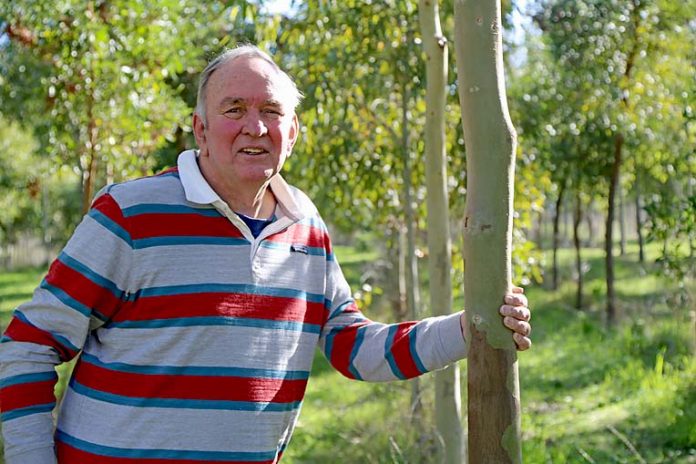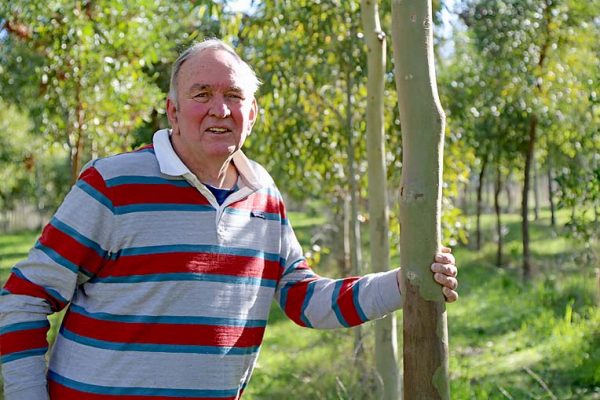

TIMBER processors have developed a draft forestry code of practice – including conditions on supply agreements and domestic-first supply policy – to resolve issues between growers and processors.
The South Australian Timber Processors Association’s draft code of practice aims to govern plantation owners and their dealings with individual or small domestic processing facilities, including prospective customers.
The document – which accompanies the release of an industry report by the Forestry Industry Advisory Council of South Australia – highlights six conditions comprising of access to logs, supply agreement terms, transparency, products, pricing and social conscience.
Processor association chief executive David Quill said the code of practice aimed to address domestic manufacturing, as well as boosting regional prosperity.
“All we want is a level playing field with fair play and all parties being reasonable in their negotiations,” he said.
“I believe there is absolutely nothing wrong in asking for consultation, reasonableness and transparency and ensuring processors can negotiate with growers instead of being dictated to.
“The report from the Forestry Industry Advisory Council supports domestic processing and I believe that our code of practice fits in very neatly with everything the report addresses.
“But I emphasise this code of practice is a draft and it can be changed or added to by anyone at any time.”
The draft code highlights issues with the current supply agreements – which vary from one to five years – and supports the establishment of long-term contracts not less than 10 years.
“If a processor wants to make capital improvements on a facility and goes to the bank to get a loan, they need to ensure they have a reliable supply of wood,” Mr Quill said.
“Building a business based on a one to five year supply agreement is impossible in any industry, whereas a 10 year agreement would allow processors to buy state of the art equipment and subsequently employ more people to operate it.”
The document emphasises social conscience and states all forest owners should be members of a certification system to ensure forests are being responsibly managed.
“Certification provides third-party verification that Australia’s forests are sustainably managed, meeting international benchmarks for environmental management, social responsibility and the provision of the economic benefit to the Australian community,” Mr Quill said.
“As part of the certification, forest owners must demonstrate support for regional industry and regional communities and include commitment to local processors and suppliers where possible.”
Mr Quill said the organisation was prompted to develop the code by increase in export of wood fibre from the Port of Portland since 2012.
“[Exports average] … 1.7 million green metric tonnes per year of the last five years, where much of this fibre has been exported at the expense of current and potentially future domestic demand,” he said.
“We do not have a problem with wood being exported provided we supply the domestic market first.
“We should be exporting the product we do not need instead of exporting the product we do.”
The code of practice has been presented to Federal Assistant Minister for Forestry and Fisheries Jonathon Duniam and Primary Industries and Regional Development Minister Tim Whetstone.
Mr Quill hoped the document would be adopted as a mandatory code of practice which would be regulated by the Australian Competition and Consumer Commission.







